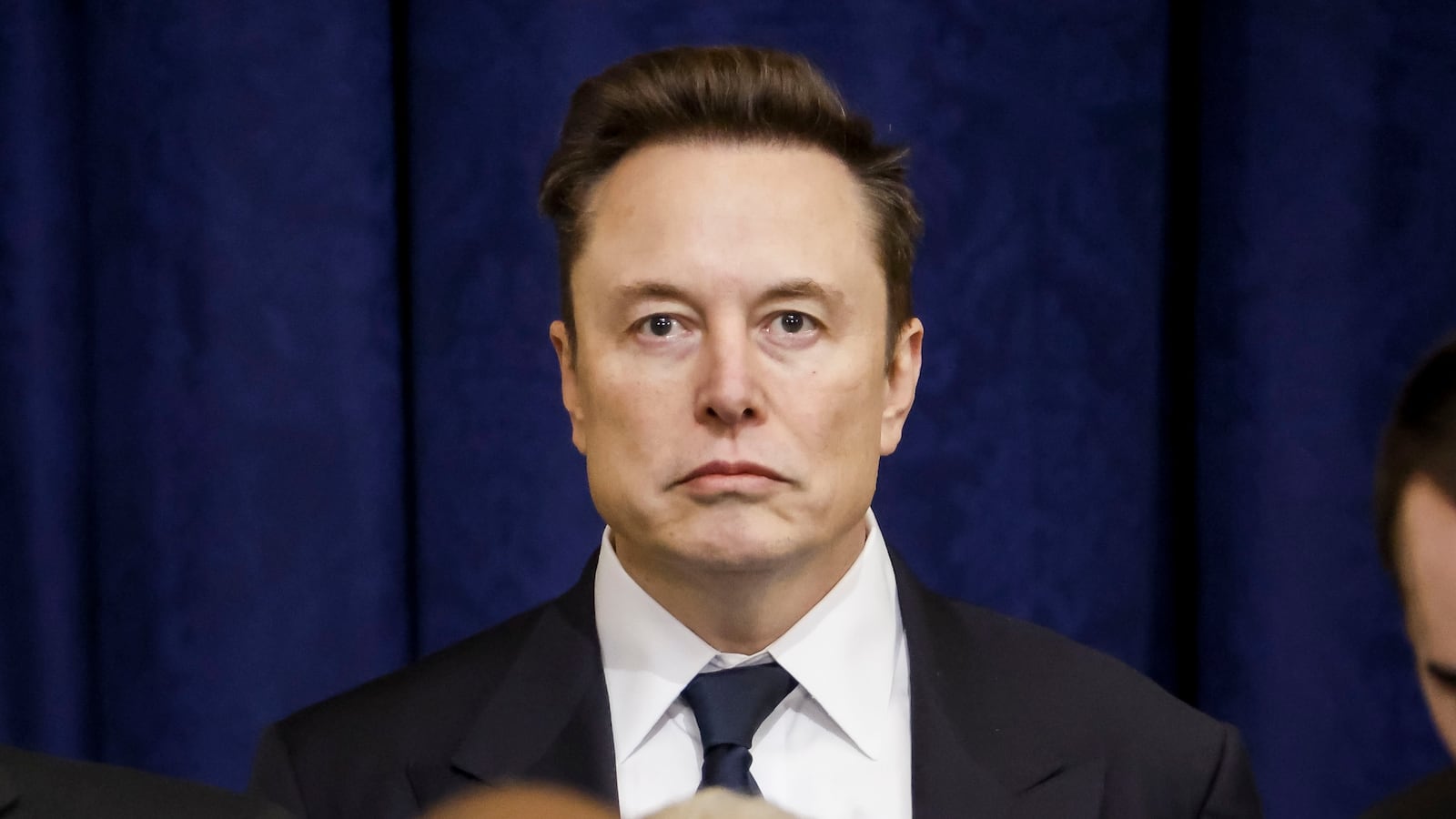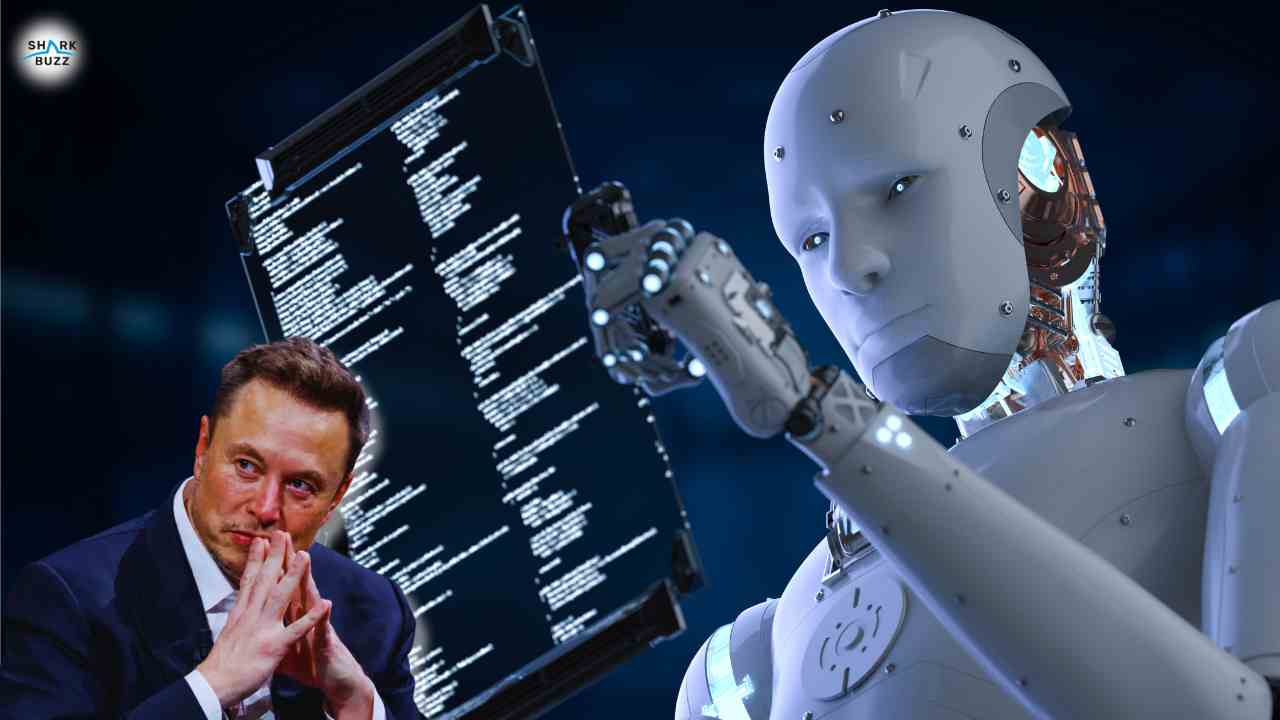Elon Musk’s artificial intelligence startup, xAI, is facing growing instability after the abrupt departure of its Chief Financial Officer, Mike Liberatore, just months into his tenure. His exit marks the latest in a string of high-profile resignations that have shaken the company’s leadership ranks and raised concerns about its direction and internal culture.
Liberatore, a seasoned financial executive who joined xAI earlier this year, stepped down after less than four months in the role. During his brief stint, he oversaw significant financial operations, including large-scale fundraising efforts and infrastructure expansion. His departure comes at a pivotal time for xAI, which is aggressively trying to scale its operations and compete with major players in the AI space such as OpenAI, Google DeepMind, and Anthropic.
A Short but Impactful Tenure
Despite his short time at the company, Liberatore played a critical role in securing billions in financing that were essential to xAI’s ambitious plans. Under his leadership, the company reportedly completed a major debt and equity financing round, raising a combined $10 billion to fund new data centers, AI infrastructure, and talent acquisition.
Liberatore also spearheaded key infrastructure projects, including the development of a new data center in the southern United States and the acquisition of power infrastructure to support energy-intensive AI training operations. His sudden resignation, without a public explanation, has left industry watchers speculating about deeper issues within the company.
Executive Exodus Raises Questions
Liberatore’s exit is far from an isolated incident. Over the past few months, several other senior executives have quietly or publicly parted ways with xAI. Among them is Robert Keele, the company’s General Counsel, who reportedly left citing family commitments and differences in working style. Another key legal executive, Raghu Rao, who managed commercial legal affairs, has also left the company without much fanfare.

Perhaps most notably, Igor Babuschkin, one of xAI’s co-founders and a prominent AI researcher with experience at DeepMind and OpenAI, stepped down in August. Babuschkin has since launched a new venture focused on AI safety — an area that some insiders say was deprioritized at xAI in favor of rapid scaling.
These departures come as xAI continues to expand rapidly under Musk’s vision of building a competitor to OpenAI that is “truth-seeking” and unconstrained by political correctness. But while the mission has attracted significant funding and media attention, the internal environment appears to be less stable than the bold public image suggests.
Cultural Tensions and Leadership Challenges
Insiders have pointed to a demanding workplace culture and intense expectations from Musk as contributing factors to the leadership churn. As with his other ventures — from Tesla and SpaceX to X (formerly Twitter) — Musk’s management style is known to be fast-paced, highly involved, and often polarizing.
Some departing executives are said to have clashed with Musk over strategic priorities and company direction, particularly regarding the balance between speed of deployment and AI safety. xAI’s flagship product, Grok, has faced criticism for producing problematic outputs, and the company has been under pressure to improve the model’s reliability while scaling it across Musk’s various platforms.
As the company pushes ahead with its goal of integrating Grok into services like X and Tesla’s in-car systems, there’s growing concern among stakeholders that leadership volatility could affect execution and public trust.
Financial Strain and Operational Pressure
Beyond cultural and strategic tensions, xAI is reportedly burning through cash at a rapid pace. With large capital investments in hardware, energy infrastructure, and high-end AI talent, the company’s financial sustainability may become a challenge if fundraising slows or investor confidence wavers.
Liberatore’s financial expertise was seen as a stabilizing force during a critical growth phase. His departure leaves a gap in leadership at a time when sound financial oversight is more important than ever. Replacing him quickly — and with someone capable of navigating both Musk’s leadership style and the complex financial demands of a modern AI company — will be essential.
Broader Implications for Musk’s Empire
The turmoil at xAI echoes similar instability across other Musk-led ventures. Earlier this year, Linda Yaccarino resigned as CEO of X after less than 12 months, citing difficulties managing the company’s direction and working under Musk’s direct oversight. Meanwhile, turnover at Tesla and SpaceX has also drawn scrutiny from investors and analysts.

In this context, xAI’s leadership shake-up could reflect broader systemic challenges in Musk’s approach to running multiple high-stakes companies simultaneously. While his track record for building disruptive technology firms is undisputed, sustaining those companies through periods of rapid growth requires more than visionary leadership — it demands organizational stability and consistent execution.
What’s Next for xAI?
Despite the setbacks, xAI remains one of the most well-funded and high-profile entrants in the AI space. With billions in backing and access to Musk’s ecosystem of companies, it still holds enormous potential to influence the direction of artificial intelligence development over the coming years.
But to do so, it will need to stabilize its leadership, clarify its strategic priorities, and restore confidence among employees, investors, and the broader public. That starts with finding a new CFO who can bring both financial acumen and the temperament to operate under one of the tech world’s most unconventional leaders.
As the AI race accelerates, xAI cannot afford to fall behind — not in its research, not in its operations, and certainly not in its leadership.











